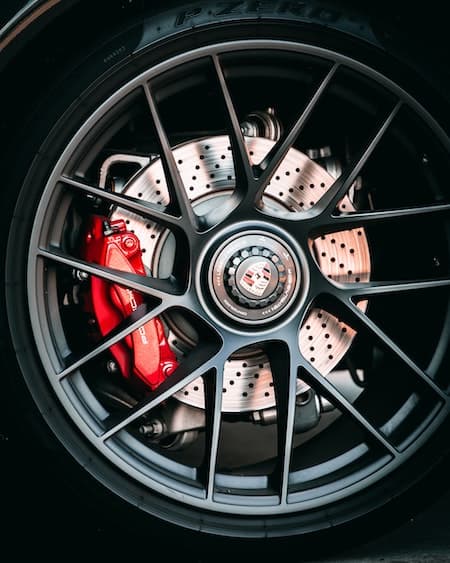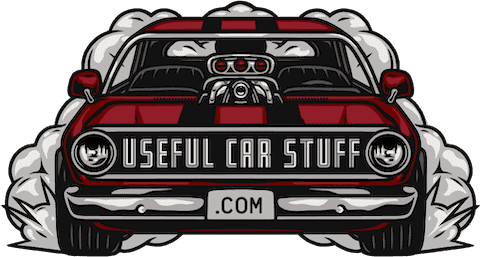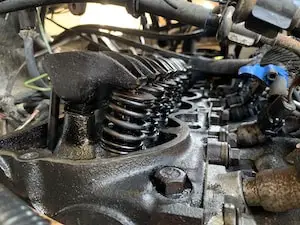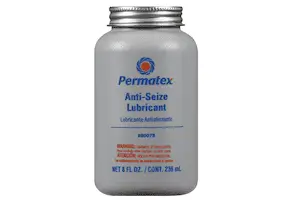Spraying WD-40 on brake rotors for some reason may have seemed like a good idea. Until you try driving the car or realize that WD-40 is a lubricant and you NEVER want to put lubricant on brake pads.
I sprayed WD-40 from my brake pads, how do I remove it?
Wash your brake rotors and calipers with hot water and dish soap. Then spray them down with Brake cleaner which is a strong solvent that will evaporate leaving no residue on the brakes. The brake pads may have absorbed some WD-40 but can most likely be burned off after a short period of driving as long as they have not been saturated in it.
WD-40 leaves a light oil residue and can be cleaned fairly well with hot water and dish soap. Your brake rotors are certainly not ruined, and the pads are probably fine, but you are going to want to clean and remove the WD-40 as best as you can.
Remove WD-40 From Brakes
WD-40 does a good job at leaving a light protective film that helps prevent rust and brake calipers and rotors covered in rust are unsightly. A spray of WD-40 and voila! No worries of rusty rotors again. Or brakes that will allow you to stop!
You have either realized after spraying down the brakes or after driving a very short distance that it is a very bad idea to spray WD-40 on your brakes. You should not spray your brakes with WD-40 or any other lubricant.
Remove the Oily film of WD-40 if you want to live! Or be able to stop in a timely manner in your car. The brake pads will need to be replaced if they are really soaked but if they have just been sprayed then they should be able to be cleaned and continue to use them!
Cleaning the Brake Pads
Brake pads must be kept clean and free of any oils, or lubricants. The idea of brake pads is to provide lots and lots of friction to get your vehicle to stop and oil or WD-40 or other residue on the pads lubricates and reduces the friction of the pad.
Do I have to replace the brake pads if I got oil on them?
If only a slight amount of oil or WD-40 has gotten on the brake pad, then it may be cleaned and burned and any tiny amounts remaining may be burned off by the hot brakes.
If a significant amount of oil has gotten onto the brake pads, the brake pads should be thrown away and replaced. The very minimal expense of new brake pads is worth the ability to stop.

What Should I Use to Clean Brake Pads?
Cleaning the pads with very hot water and dish soap will work well enough as long as the pads have not been soaked in oil.
Brake pads are porous so will absorb the oil and it is very tough to remove so if they are very oily, give up now and go buy some new ones.
Otherwise, boiling them in soapy water for a few minutes will help and spray them down with a bit of brake cleaner, then you’re good to go!
WD-40 is a lubricant and you NEVER want to put lubricant on your brake pads
Are my Brake Pads Ruined if I sprayed them with WD-40?
WD-40 is a light lubricant and although is definitely not made to be applied to brakes, if it has been it can be removed and the pads and rotors do not have to be replaced.
WD-40 is mostly a light petroleum in a lot of solvent. It leaves a minor residue behind which should be removed, but can be done without replacing your entire brake system.
Jack up the car, remove the wheel and clean them with hot water and dish soap. Then give them a spray with brake cleaner. If the brake pads have some WD-40 on them, give them a light sand to help remove the layer on the top of the pads and clean them with brake cleaner or in boiling water for a bit.
What happens if you spray WD-40 on car brakes?
WD-40 will prevent the car from being able to stop quickly. Remove the WD-40 with a degreaser before driving the car. WD-40 is a lubricant and should not be applied to the brakes.


